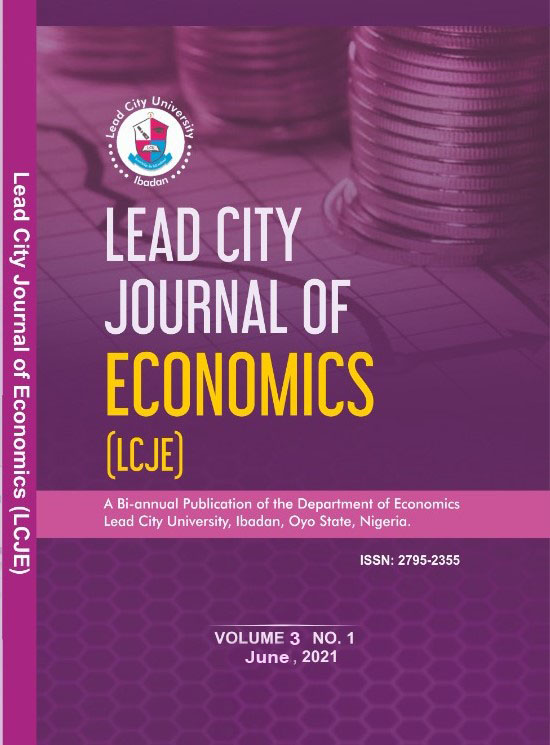Stock Market Development and Inflation Rate in Nigeria
.
Keywords:
Market capitalization, stock traded, all share index, price stability, ARDL.Abstract
The Nigerian stock market has been adversely affected by persistent high inflation and a volatile business environment, resulting in lower capitalization and activity levels compared to other nations. This phenomenon poses a challenge to the economy in attaining a delicate equilibrium between fostering stock market expansion and upholding steady inflation levels, thereby establishing a conducive atmosphere for investment. This study thereby investigates the role of stock market development in ensuring price stability over the periods of 1985 to 2020. The ARDL bound testing approach was used to estimate the regression of inflation on stock market development indices such as market capitalization, stock traded and all share index. The study found that stock market is one of the key factors responsible for price instability in the short run, although, stock market does not have a significant link with inflation in the
long run. There is need for authority to develop and implement short-term price stabilization policies that focus on mitigating the impact of stock market fluctuations on essential goods and services. These measures may include the use of market circuit breakers, price controls on critical commodities, and enhanced market surveillance to curb speculative activities. Also, they
should continue to prioritize sound monetary and fiscal policies aimed at controlling inflation over extended periods.

